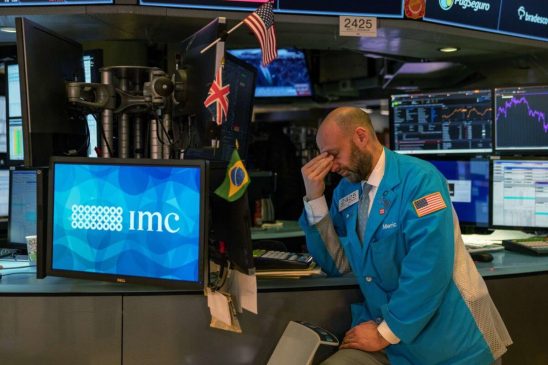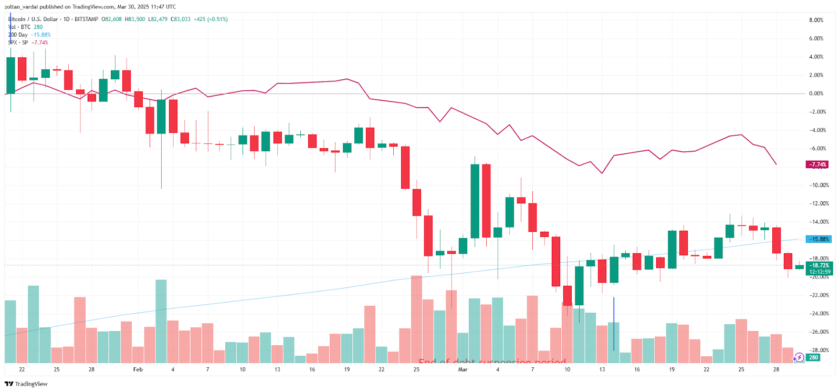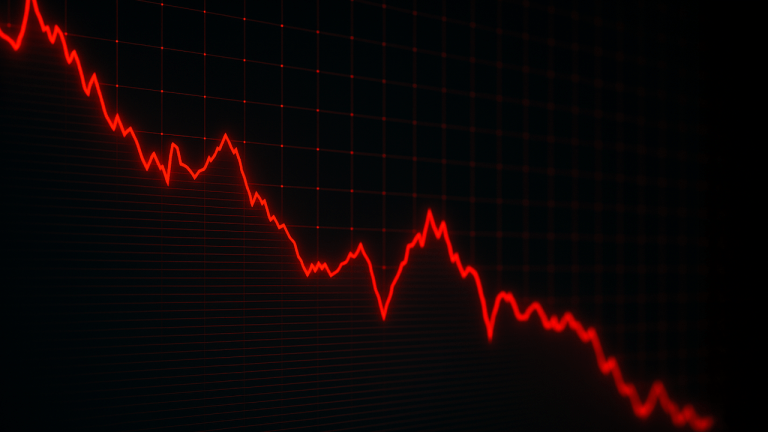- Baby boomers know that time is not their ally.
- Boomers are going all-in on stocks because they can’t rely on their pension alone.
- They have trillions invested in the stock market and will likely sell eventually. This may trigger a stock market crash.
In this era of asset inflation, it may seem like the stock market will never experience another downturn. Why would it? The Federal Reserve is printing billions of dollars daily to keep the party going. If the Fed can keep the markets humming despite the emergence of the coronavirus, debt crisis and other catalysts, it’s safe to assume that no other catalyst can ignite a crisis.
The illusion of safety coupled with euphoria as stocks print all-time highs are keeping the over-invested boomers satiated. They will likely be the first to bolt once the stock market shows that a recession is on the horizon.
Baby Boomers Know That Time Is Not on Their Side
If there’s any generation alive today that knows the stock market is a double-edged sword, it’s the baby boomers. The generation born between 1946 and 1964 witnessed the explosion of two stock market bubbles in the last 20 years.
In the early 2000s, boomers felt the wrath of the dot-com crash. At the time, the average baby boomer was 45 years old. They had some time to recoup their losses.
In 2008, the global financial crisis wiped out the retirements of many boomers. By 2010, the average boomer only had a decade to recover. This insight helps explain why the older generation is over-invested in the stock market.
Fidelity Investment reported that more than half of the generation had gone above the recommended 54% allocation to stocks. Fidelity executive Meghan Murphy said,
If there was a market downturn, they could lose a significant chunk of what they’ve worked so hard to save.
Boomers know that time is not their ally so they’re taking more risk. But once panic sets in, they will liquidate most, if not all of their holdings in a jiffy. They know they can’t suffer another stock market crash.
Baby Boomers Are Going All In Because They Can’t Rely on Their Pension
To make matters worse, boomers have kept little to no savings for retirement. A study by the Insured Retirement Institute shows that only 55% of the older generation has some retirement savings. In other words, the remaining 45% have no income other than social security to fund their retirement.
That’s bad news because it means a large percentage of boomers rely on their stock investments. A FeeX user study involving 10,000 boomer participants revealed that 30% of investors between the age of 60 and 65 invested all of their assets in stocks. Furthermore, more than half put all of their savings in stocks.
These boomers are investing in equities because they probably know they can’t live off social security after retirement. Many are going all in while stocks are bullish.
This type of risk-taking comes with a level of paranoia, especially for boomers who’ve seen two stock market crashes. They know that the bull market has an expiry date. They’ll very likely be the first to panic sell once a recession becomes imminent. This may cause a stock market crash.
When Boomers Panic Sell the Stock Market Will Nosedive
When the baby boomers cash out, the stock market will collapse big time. The total market cap of the S&P 500 is nearly $30 trillion. When the older generation liquidates, they have the purchasing power to devalue the S&P 500 by a third.
A 2016 Bank of New York Mellon research reveals that $10 trillion in assets will be subject to mandatory withdrawals in the coming years.
If the stock market tanks, baby boomers won’t likely sit around and wait for mandatory withdrawals to kick in. They’ll very likely be the first to sell at the first sign of trouble and they will take the market down with them. Let’s see if the Fed can print $10 trillion to save the market from collapsing.
Disclaimer: The opinions in this article do not necessarily reflect the views of CCN.com. The above should not be considered trading advice from CCN.com.
This article was edited by Sam Bourgi.




